I ended my previous post with the following sentiment. It is certainly worth rejecting Horkheimer and Adorno where they are wrong and not refusing to put them on a pedestal.
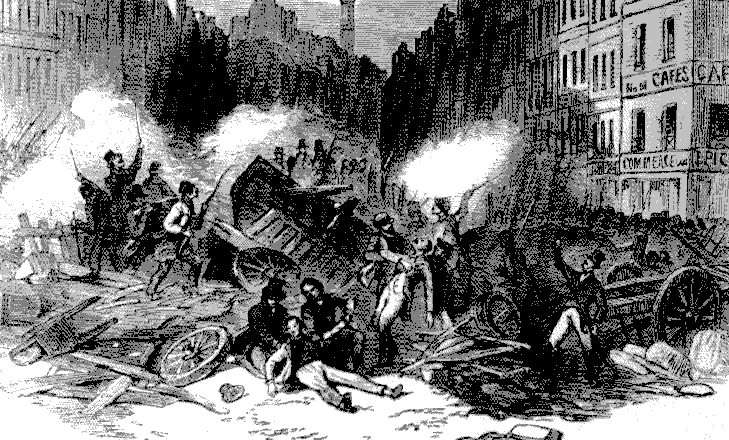

CRITICAL THEORY | SOCIAL ANALYSIS | POLITICAL PHILOSOPHY AND THEOLOGY

I ended my previous post with the following sentiment. It is certainly worth rejecting Horkheimer and Adorno where they are wrong and not refusing to put them on a pedestal.

The following is the third installment of a four-part series. The first can be found here, the second here, the third here. It is at this juncture, where this particular kind of

The following is the third installment of a four-part series.The first can be found here, the second here. At this juncture several questions arise. The first one concerns social structure formation.
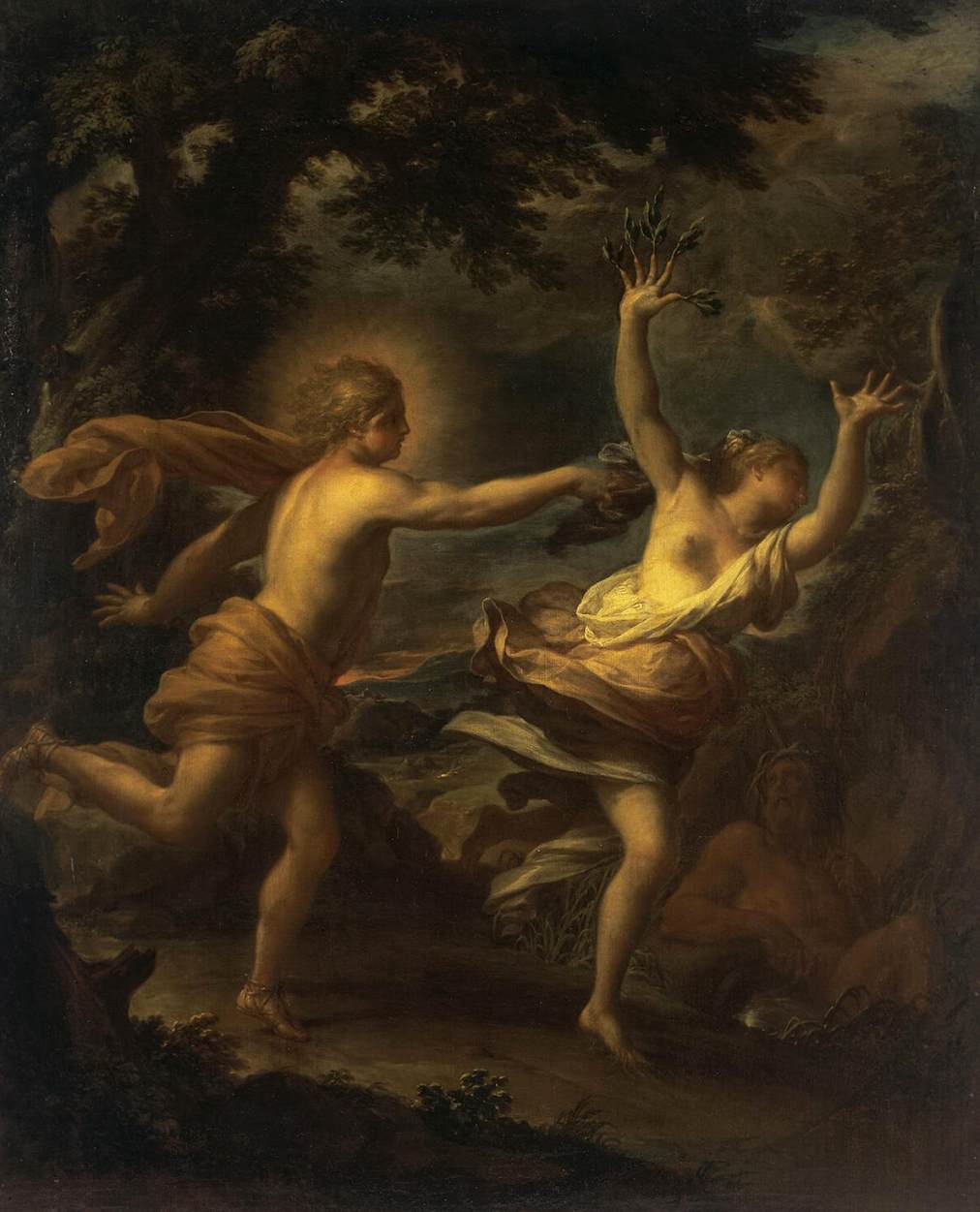
As I ended my previous post in this series, the postsecular moment has brought with it a broadening of application of the anti-Semitism the Horkheimer and Adorno describe with respect
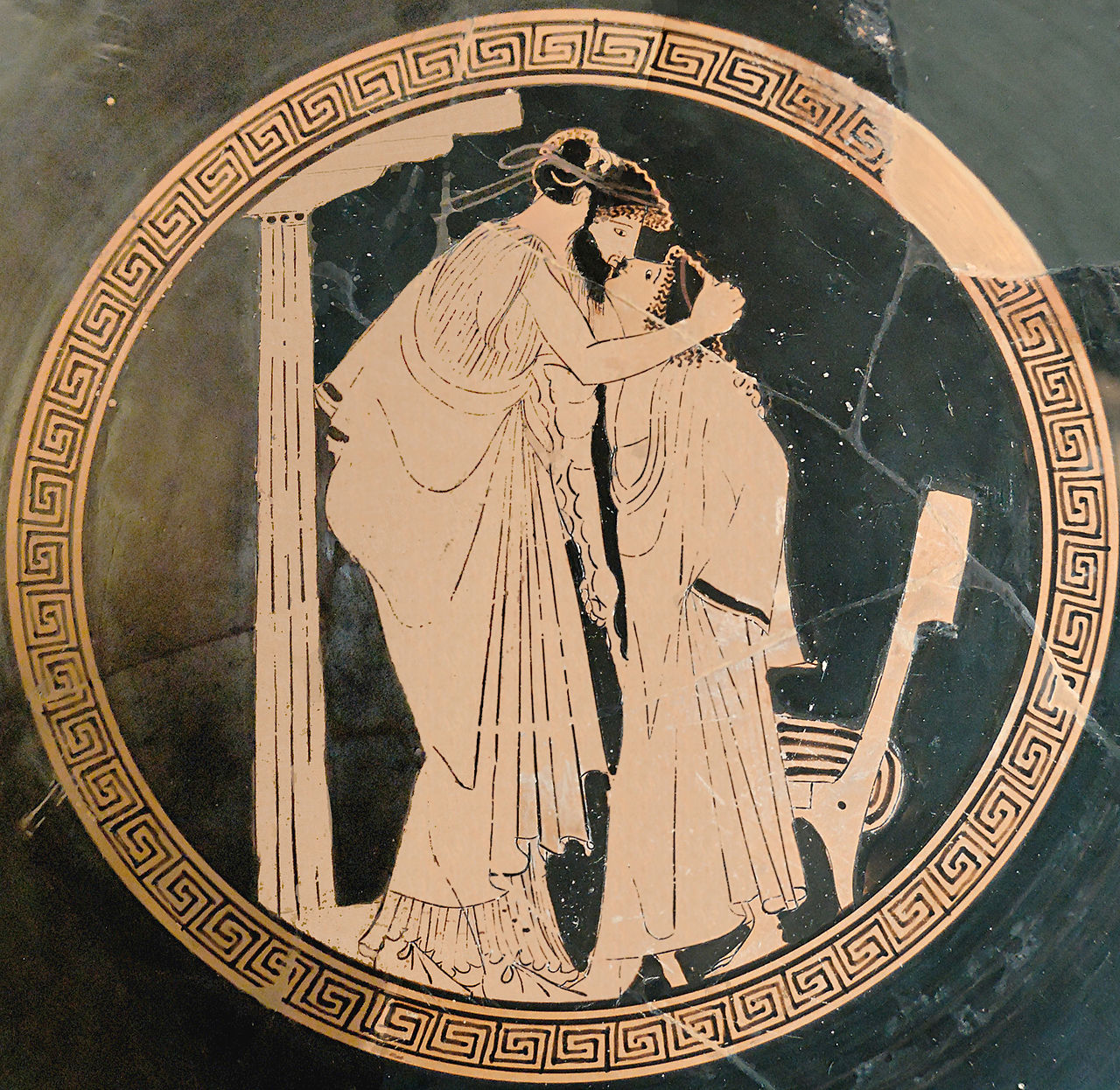
The following is the second installment of a four-part series. The first can be found here. Honneth’s Theoretical Solution to the Deficit Parameters of the Reconstruction For the task of
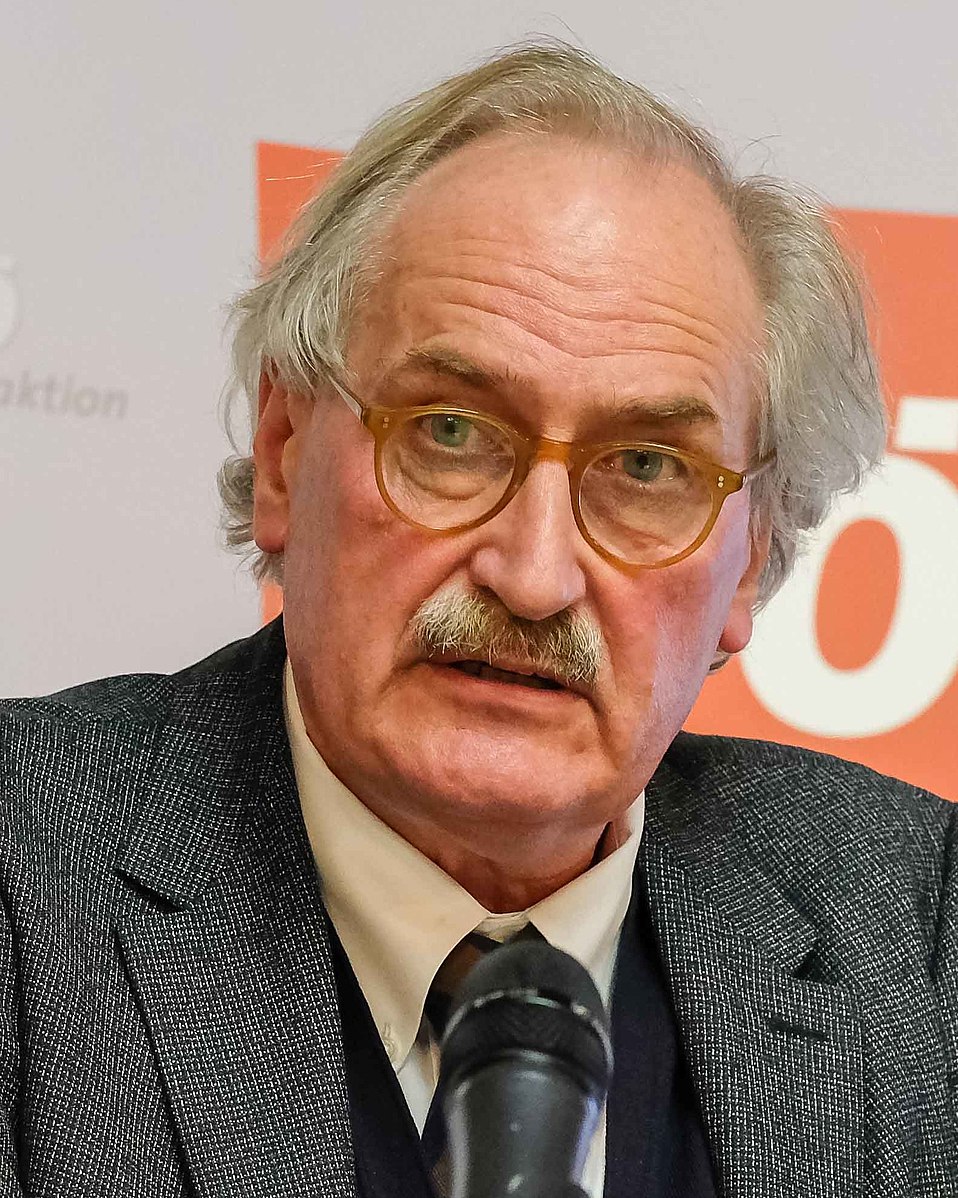
The following is the first installment of a four-part series. From his doctoral work published in extended form in 1985 under the title of Kritik der Macht to interviews as

In this series of posts, I have been reviewing Max Horkheimer and Theodor Adorno’s Dialectic of Enlightenment from a ‘post secular’ lens. In my last post, I was tracing the authors’ descriptions
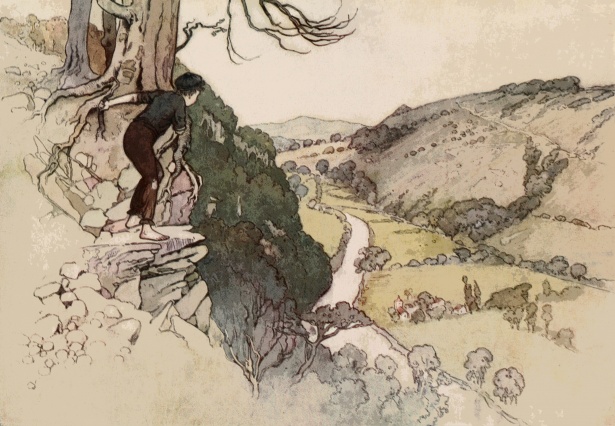
I have been working through a reading of Max Horkheimer and Thedor Adorno’s classic work of Critical Theory, Dialectic of Enlightenment. I am particularly interested in the use of literary
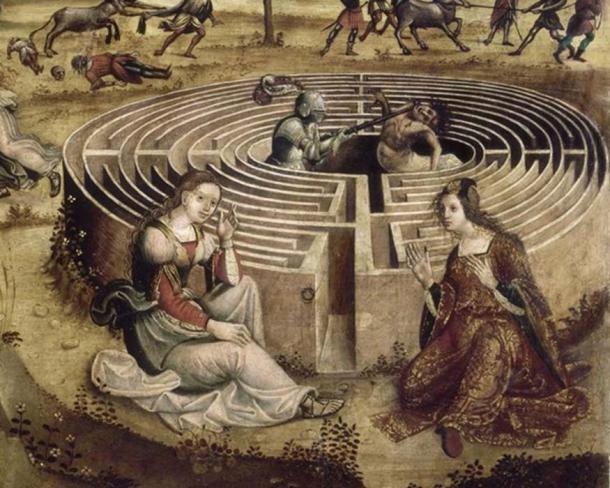
In my previous post, I took a turn from direct analysis of Dialectic of Enlightenment to engage with David Scott’s writing on tragic disposition in Conscripts of Modernity. I then focused
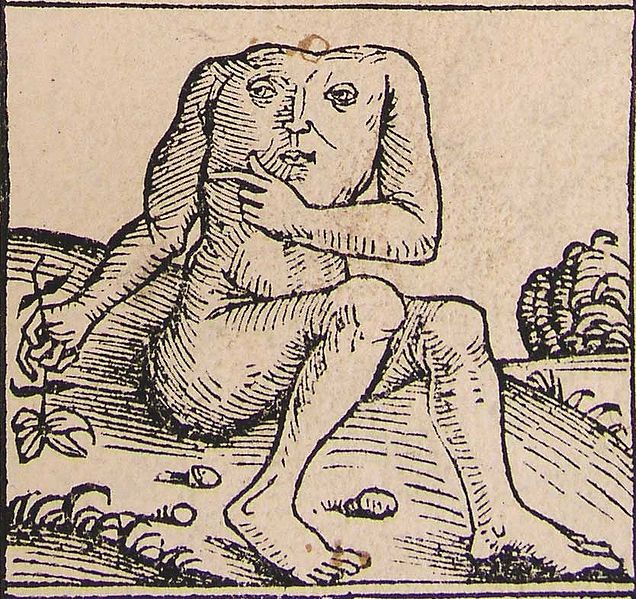
I ended my first post in this series considering David Scott’s description of the tragic disposition as an obligated action in a world where values are “unstable and ambiguous.” I